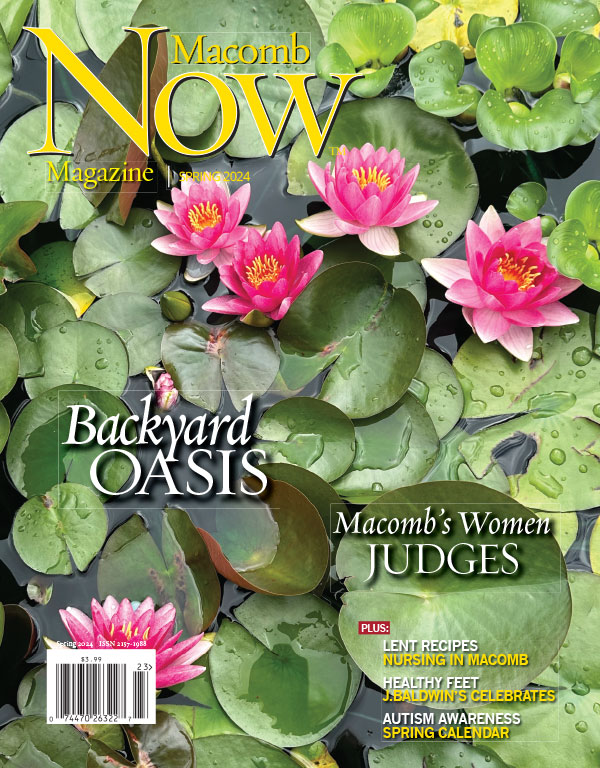Friendships Are a Choice

By Shelley Galasso Bonanno, MA, LLP
For most of us, friendships contribute to our happiness, no matter what our age. Friends offer a unique relationship opportunity, as they are formed with individuals with whom we choose to engage. We pick our friends. We confide in them and share the milestones of our lives with them. They have no formal agreements or obligations. We have all met individuals who have lifelong friends–individuals with whom they have been sharing their lives from grade school. But as we move throughout our life, how do we make and keep friends?
Children’s friendships are primarily formed through play. Young children carve out friendships in the classroom setting, on the playground, and in neighborhoods. An abundance of opportunities to meet friends abounds. In adolescence, individuals begin to develop deeper, more emotionally meaningful relationships through self-disclosing feelings and seeking support. Adolescence is a time for beginning to learn about intimacy. Fitting in, searching for acceptance, and figuring out our identity becomes a monumental task. Young adulthood, particularly if one attends college, also provides multiple opportunities to develop friendships, particularly when time remains ample in the absence of a marriage or children. But as individuals age, there seem to be more demands on time. Setting aside time to catch up with friends can become a difficult road to navigate. Good intentions often do not materialize and responsibilities and desires to engage in friendships are often at odds, given the reality of time constraints and busy adult lives.
As people retire and their families have grown, new opportunities emerge as obligations often free up and time becomes less constrained. At this stage of life, it is not uncommon for people to begin to reconnect with old friends with whom they’ve lost touch. Towards the end of life, people begin to prioritize their experiences and that often includes spending additional time with close friends.
As individuals move through their lives, it appears people make and keep friends in different ways. Some individuals seem to make friends wherever they go and tend to have many casual acquaintances. Others tend to keep just a few very best friends with whom they stay close over the years, meaning the loss of these few close friends would be irreplaceable. The most flexible individuals seem to be those who not only stay in touch with old friends but continue to make new friends throughout their life.
Research reveals dedication and communication are two key components to maintaining friendships. Additional research has also revealed that for friendships to be successful for the long term, individuals must feel that the relationship is equitable, that is, that they are getting as much out of a friendship as they are putting in.
Whether you have a few close friends or many acquaintances, the fact remains that while friendships can provide us with unmatched love and acceptance, they require ongoing attention and commitment by both individuals to endure. Throughout life, from grade school to retirement and beyond, friends are friends because they choose to be and the benefits they provide are beyond measure.
 A lifelong resident of Macomb County, Shelley Galasso Bonanno is a practicing limited licensed psychologist who earned her master’s degree from Wayne State University in 1987. She has a breadth of experience in working with adults, children, families, and couples. In addition to working in private practice, Ms. Bonanno performs consultative services for State and forensic agencies. She performs custody and parenting time evaluations and is a court approved mediator. Her writings have appeared in various online and print publications. An advocate for mental health, you can follow Ms. Bonanno on Twitter @shelleybonanno.
A lifelong resident of Macomb County, Shelley Galasso Bonanno is a practicing limited licensed psychologist who earned her master’s degree from Wayne State University in 1987. She has a breadth of experience in working with adults, children, families, and couples. In addition to working in private practice, Ms. Bonanno performs consultative services for State and forensic agencies. She performs custody and parenting time evaluations and is a court approved mediator. Her writings have appeared in various online and print publications. An advocate for mental health, you can follow Ms. Bonanno on Twitter @shelleybonanno.

